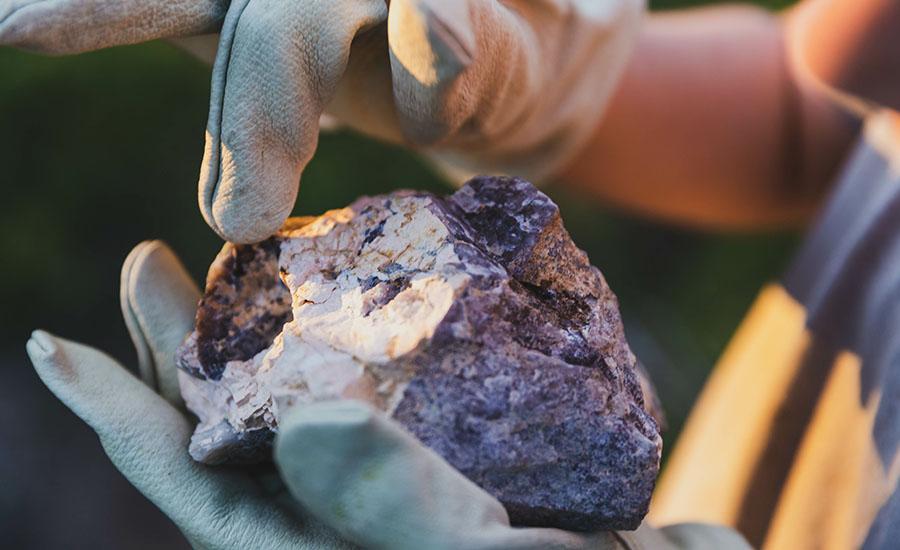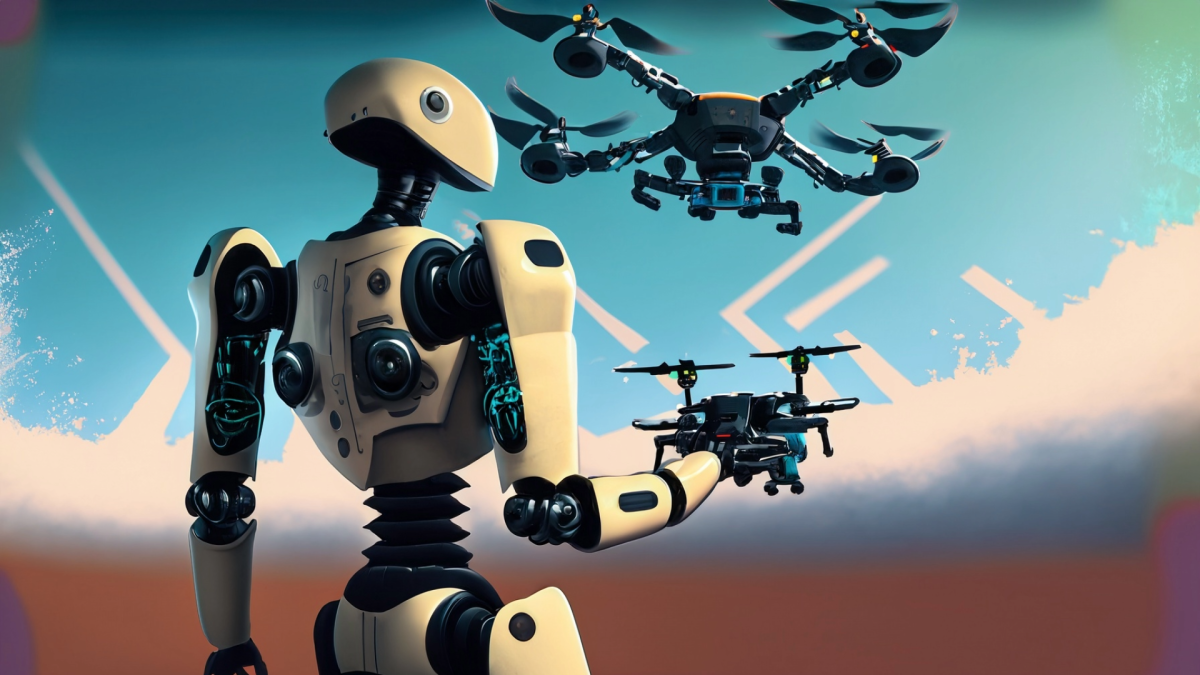
Grades:
4th Grade, 5th Grade, 6th Grade, 7th Grade, 8th Grade, 9th Grade, 10th Grade, 11th Grade, 12th Grade
Learn how to train your own Artificial Intelligence neural network without the complexities of coding. Google's (free) Teachable Machine is a web-based tool that makes it easy to train your computer

Grades:
5th Grade, 6th Grade
This is the second part of a two-part lesson. This lesson has students using a stethoscope to measure heart rate to collect data for equivalent ratios.

Grades:
5th Grade, 6th Grade
This is a lesson that has two parts. The first is a lesson is using the design process to create a simple stethoscope using various materials and defining which would give the best results. Part two

Grades:
6th Grade, 7th Grade, 8th Grade, 9th Grade, 10th Grade, 11th Grade, 12th Grade
Are your students fans of Formula 1? If they are or aren't this lesson will take a look into the dominance of Red Bull Racing in Formula 1. Why is Red Bull so dominant? Is it the driver or the

Grades:
3rd Grade, 4th Grade, 5th Grade, 6th Grade, 7th Grade, 8th Grade, 9th Grade
An overall view of mining, minerals, and their role in our everyday life. This lesson compares the past, present and future of mining and it's relativity to sustaining our way of life.

Grades:
5th Grade, 6th Grade, 7th Grade, 8th Grade
Students will use Circuit Playground Express and create a DIY Burglar Alarm

Grades:
6th Grade, 7th Grade, 8th Grade
This lesson is a follow up to a previous STEM contest lesson that detailed the KIDStruction opportunity & focused on the design phase. This lesson is intended to support the building phase and is

Grades:
Kindergarten, 1st Grade, 2nd Grade, 3rd Grade, 4th Grade, 5th Grade, 6th Grade, 7th Grade, 8th Grade
Most students are likely familiar with popular films like Happy Feet, Surf’s Up, Penguins of Madagascar, and classic books like Mr. Popper's Penguins. Capitalizing on this familiarity with penguins

Grades:
6th Grade, 7th Grade, 8th Grade
In this lesson students will broaden their understanding of their drone controls learning the proper terminology and practice using that vocabulary flying mini obstacle courses as a Pilot/Co-Pilot duo

Grades:
6th Grade, 7th Grade, 8th Grade
Students will learn the importance of clear, precise communication by directing a partner to navigate a drone through an obstacle course. This exercise will draw parallels to writing clear and

Grades:
6th Grade
In this activity, students will work together to discuss what they know about frogs and what a frog's tongue is like. Students will be engineering a frog's tongue and discussing it's adaptations.

Grades:
6th Grade
Students discover how plants and soils interact by observing root growth, considering the function of a plant’s roots, modeling the movement of water into the roots, and investigating the movement of

Grades:
3rd Grade, 4th Grade, 5th Grade, 6th Grade
In this lesson students combine science and math standards to explore the animal adaptation: camouflage. Students engage in discussion, watch a video, complete a hands-on activity, fill out a table

Grades:
6th Grade, 7th Grade, 8th Grade
This lesson helps engage student voice in developing stronger research questions and projects on topics about which they are interested, curious, and passionate. The Question Formulation Technique

Grades:
6th Grade, 7th Grade, 8th Grade
Money, creative urge, ego, desire to help others, intellectual challenge and curiosity - inventors develop ideas for all of these reasons and all are valid, according to Invention City. During this

Grades:
6th Grade, 7th Grade, 8th Grade, 9th Grade, 10th Grade, 11th Grade, 12th Grade
Students will pick an issue that they think exists in the world and propose a solution via a presentation. This will model a TedTalk.

Grades:
5th Grade, 6th Grade
Students use the engineering design process and recycled materials to create a plant float. Can be paired with Fix the Fish lesson if more chemistry and life sciences topics are desired.

Grades:
6th Grade, 7th Grade, 8th Grade, 9th Grade, 10th Grade, 11th Grade, 12th Grade
Students use a GIS story map and hands on investigation to analyze the urban heat island effect in Phoenix.

Grades:
6th Grade
Using the website TeachingEngineering as a model along with their worksheets, students will create an oil spill and explore the current methods of cleaning it up. They will engineer a new method of

Grades:
6th Grade
Students learn what an urban heat island is and why it is a problem, specifically for Phoenix, and the effect people have had on the environment that caused this problem. Students will design a

Grades:
6th Grade, 7th Grade, 8th Grade
For this lesson, students will be using the LEGO Spike Prime Kits and LEGO Mindstorm software. Students will write programs using the Color Sensor to make the Driving Base autonomous. A variety of

Grades:
4th Grade, 6th Grade
This project consists of the final part of a four-part unit for 4th and 6th-grade students exploring Arizona's science standards. Students will study how living things compete for energy and resources

Grades:
4th Grade, 6th Grade
This project is the third of four parts involving 4th—and 6th-grade students exploring Arizona's science standards. Students will learn about how human activities impact the environment, competition

Grades:
6th Grade
Students are challenged to create a battlebot that will be powered by a sphero and compete against other bots. Each bot will have an inflated balloon attached to the back. The objective is to pop


